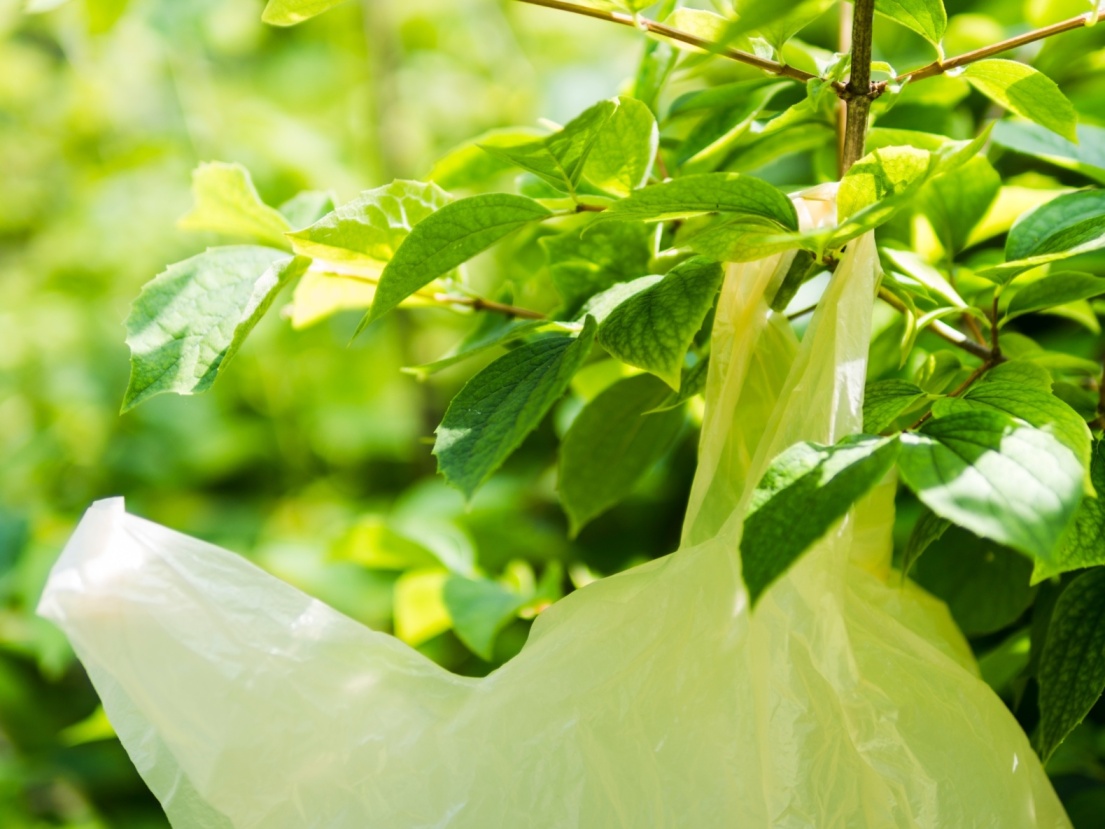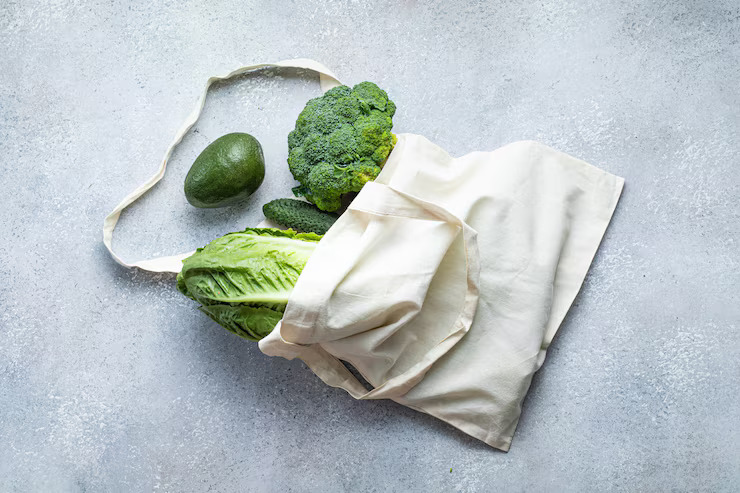From Checkout to Compost: The Journey of Biodegradable Plastic Grocery Bags

Strong 8k brings an ultra-HD IPTV experience to your living room and your pocket.
The humble plastic grocery bag has long been a symbol of convenience. It's light, cheap, and everywhere—from bustling supermarkets to corner stores. But with that convenience comes a heavy environmental cost. Traditional plastic bags often end up clogging landfills, polluting waterways, and harming wildlife. Now, the tide is slowly turning in favor of more sustainable alternatives—most notably, biodegradable plastic grocery bags.
But what happens to these eco-conscious alternatives after we pack our groceries and head home? What’s their actual environmental impact? Let’s follow the journey of a biodegradable grocery bag—from checkout to compost—and see how this small change can make a big difference.
The Rise of Biodegradable Grocery Bags
As environmental awareness grows, more businesses and consumers are shifting to biodegradable options. Unlike conventional plastic bags made from fossil fuels, biodegradable plastic grocery bags are typically made from plant-based materials like cornstarch or cassava. These bags are designed to break down in the presence of oxygen, heat, and microorganisms—leaving behind minimal waste.
The key difference lies in their decomposition process. While regular plastic can take hundreds of years to degrade (and still leave microplastics behind), biodegradable alternatives often break down within a few months under composting conditions.
At the Point of Sale: More Than Just a Bag
At the checkout counter, biodegradable grocery bags don’t just carry items—they carry a message. For eco-conscious consumers, choosing a store that offers sustainable options can influence purchasing decisions. Retailers who switch to biodegradable bags often notice improved brand perception, greater customer loyalty, and alignment with government mandates aimed at reducing plastic waste.
In fact, these bags have become a silent ambassador of change. When customers reuse them or talk about them, it extends the environmental conversation beyond the store.
Beyond the Grocery Store: More Versatile Than You Think
While grocery shopping is the most obvious use case, biodegradable plastic bags are now being used for more than just produce and groceries. They're increasingly replacing traditional options in food delivery, farmer’s markets, and packaging dry goods.
What makes them even more useful is their crossover with biodegradable food packaging bags and biodegradable food storage bags. Whether it’s wrapping vegetables, packing lunches, or organizing pantry staples, these bags offer flexibility without the guilt of adding to plastic pollution.
Some newer versions even come with moisture barriers, making them suitable for slightly damp or refrigerated goods—extending their usability across different stages of the supply chain.
The Composting Stage: When the Real Journey Begins
While the switch at the retail level is important, the real benefit of biodegradable grocery bags is realized after disposal. Unlike traditional plastic that lingers indefinitely, these bags are meant to return to the earth.
In a well-managed composting environment, biodegradable bags begin to decompose in 90 to 180 days, depending on the material and conditions. Industrial composting units work faster due to higher temperatures and optimized microbial activity. Even in home composting bins, though slower, the process remains significantly more sustainable than landfilling.
During decomposition, these bags break down into biomass, water, and carbon dioxide—with no harmful microplastic residue. That’s the beauty of their journey: they start by carrying food and end by enriching the soil.
Challenges Along the Way
Despite their promise, biodegradable plastic grocery bags are not without limitations. One of the biggest issues is lack of proper disposal infrastructure. Many consumers assume “biodegradable” means it can go in any bin, but without access to composting, these bags may still end up in landfills where decomposition is slower due to lack of oxygen.
There’s also confusion between “biodegradable” and “compostable.” Not all biodegradable bags meet the standards for compostability, which requires complete and safe breakdown within a specific time frame.
To maximize impact, businesses need to educate their customers on proper disposal. Labels, signage, or QR codes that link to composting tips can go a long way.
Biodegradable Bags and the Circular Economy
Biodegradable grocery bags are part of a broader movement toward a circular economy—a system designed to eliminate waste and regenerate resources. When paired with local composting, community recycling programs, and eco-conscious habits, these bags contribute to a sustainable lifestyle.
They also support agricultural waste upcycling. For instance, many biodegradable bags use agricultural residues as raw materials, reducing reliance on virgin resources and closing the loop between farming and packaging.
Why Businesses Should Care
Switching to biodegradable bags isn't just an environmental move—it’s a business strategy. More states and cities are implementing plastic bans and offering incentives for sustainable practices. By adopting biodegradable alternatives, businesses future-proof their operations while appealing to a growing segment of green-minded consumers.
It also fosters partnerships with local suppliers of compostable packaging, creating a ripple effect across the supply chain.
Conclusion: A Small Bag With a Big Purpose
From checkout to compost, biodegradable plastic grocery bags represent a major step forward in sustainable packaging. They're not just better for the planet—they're better for business, branding, and the environment we all share.
By embracing biodegradable food packaging bags and biodegradable food storage bags, we're not only reducing waste, but also contributing to a future where convenience doesn't come at the cost of the Earth.
So the next time you pick up a biodegradable grocery bag, remember: you’re holding more than just groceries—you’re holding the future of responsible consumption.
Note: IndiBlogHub features both user-submitted and editorial content. We do not verify third-party contributions. Read our Disclaimer and Privacy Policyfor details.







